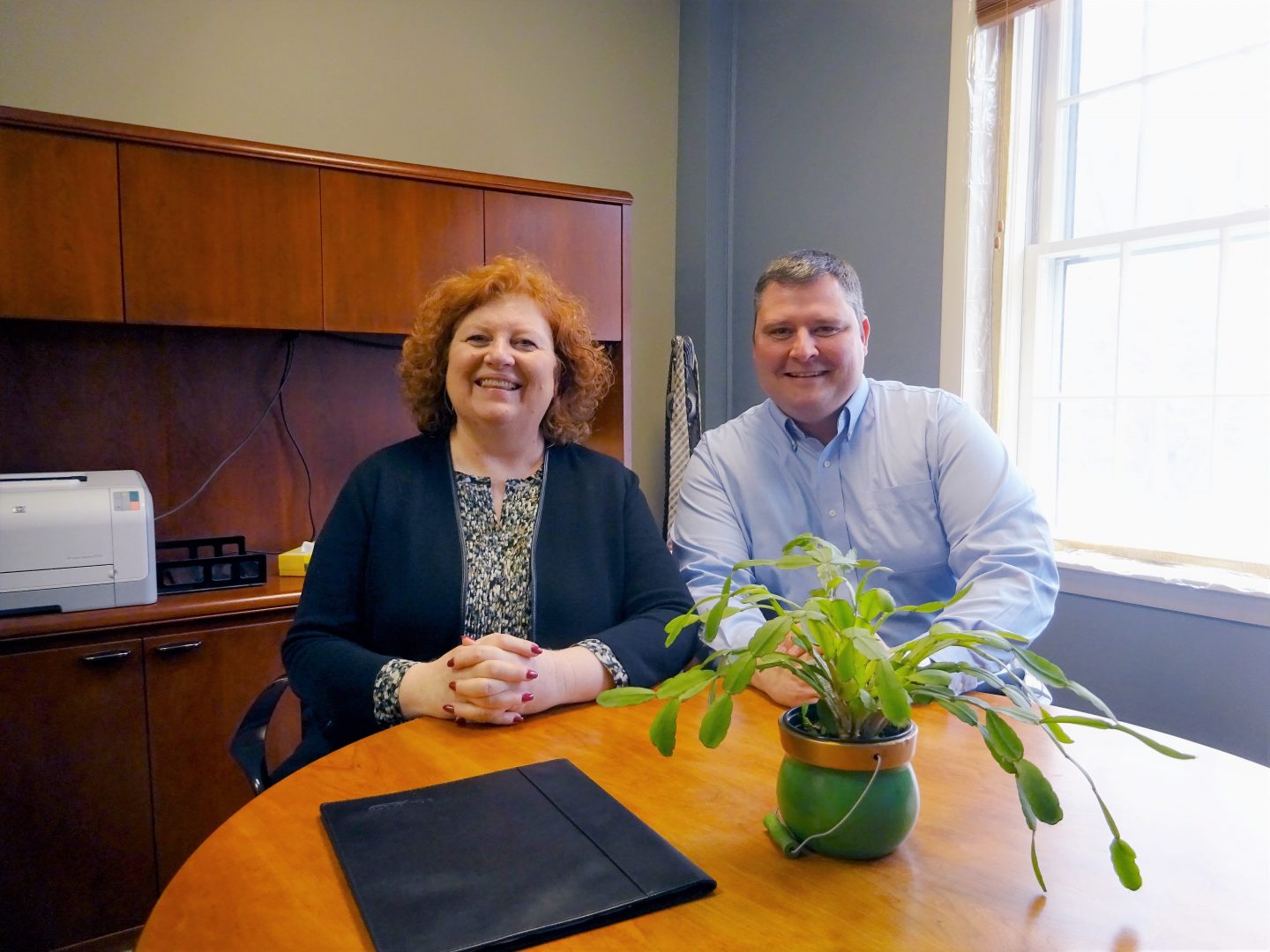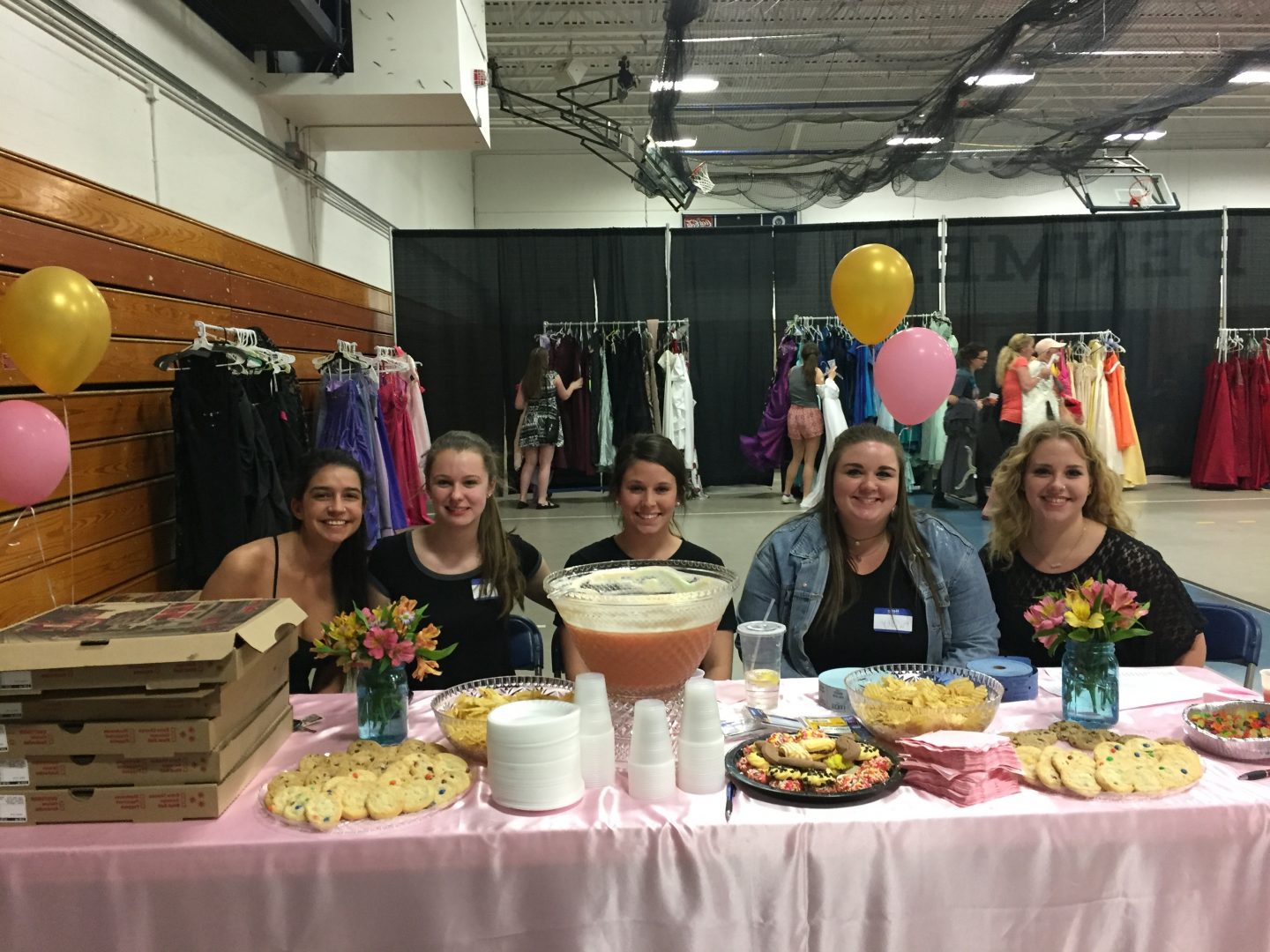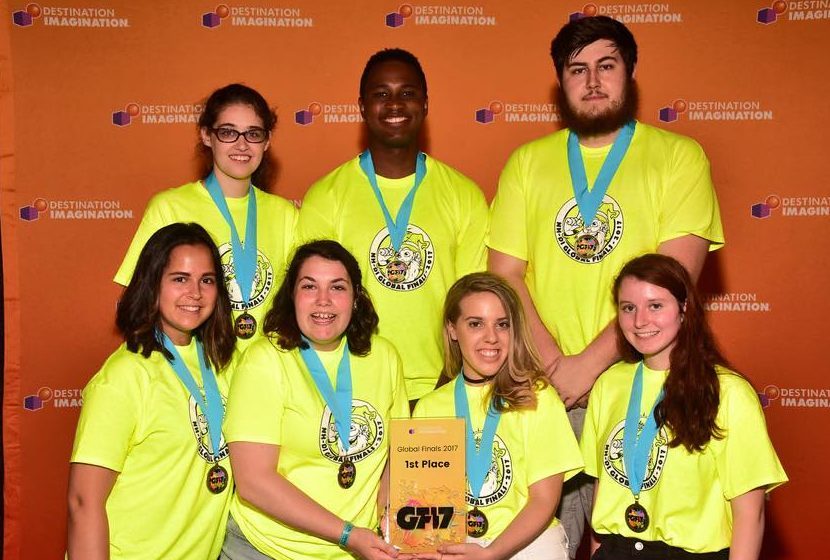Students who had signed the Change.org petition to “Save SNHU Culinary” may have received an email update on February 18 with new information regarding Michael Evans’ proposal.
After the open forum held with the SNHU Community, it appeared as though the goal would be to look into new ways to cut costs of the SNHU Culinary program while not eliminating it completely.
Jon Talbot, creator of the petition, posted an update from Michael Evans that featured a brief letter of introduction to the SNHU Culinary students. I
n addition to attaching a link to his own proposal, Michael Evans writes that the “the process going forward allows the Culinary faculty, the professional employees association, the Faculty Senate, and the Dean of the School of Business to give the President their own recommendations within the next three weeks” who will ultimately make the decision on March 10.
The program proposal “recommend[s] that we teach out the current approach to Culinary and replace it with a new, two-year Associate’s Degree program in ‘Culinary and Baking Arts.’”
The first year will feature general education and culinary skills courses, while the second year will enable students to hold paid, year-long internships while completing the remainder of their general education courses online.
This proposal suggests many benefits to both culinary students and SNHU, stating for example that Culinary students will receive a more hands on education while also gaining more opportunities to build up their resumes and network.
Additionally, the proposal claims that only will this new proposal make SNHU culinary students more marketable, it will lower the program’s cost, which was the initial problem to this situation. Students will not complete their second year on campus, as they will be in year long internships. This means the school is able to cut down costs through downsizing faculty and kitchen space.
This proposal will also add some competition to SNHU’s culinary school. Students will get real world experience during college, in a professional industry for their associate’s degree and then have the option to continue to their bachelor’s degree in business, which is often paired with culinary anyway.
“The new approach to Culinary should go beyond a new curriculum,” Evans said. “We should make the program more attractive and relevant by developing or strengthening corollary programming that will enhance the educational experience, offer networking opportunities, take advantage of our energetic alumni, and provide opportunities that will help students develop useful skills.”
Taking the input, concern, and suggestions of the SNHU Community into mind during this time of change and transition has been a critical way to ensure that SNHU students have a say and impact on their university.
Michael Evans has demonstrated a level of care and commitment to the students he serves, and we hope that the future of SNHU allows Culinary students to keep serving up the best.




